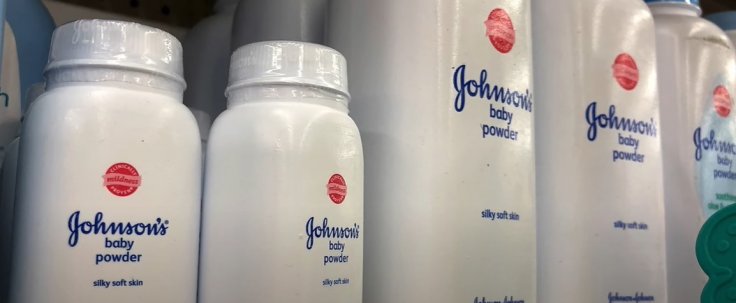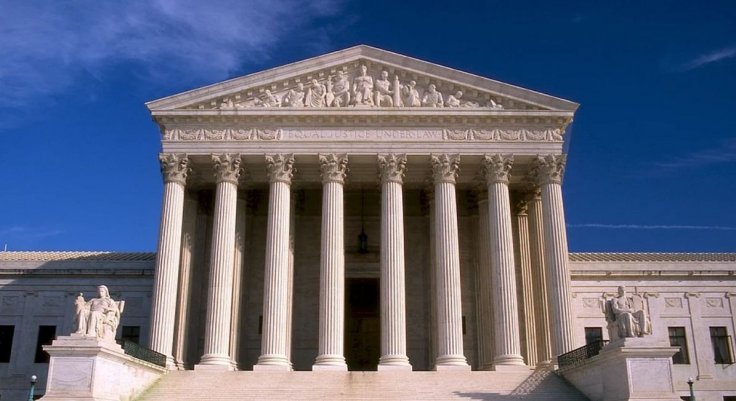In a major setback for Johnson & Johnson, the US Supreme Court refused to hear the company's plea to overturn a $2.12 billion compensation award for women claimed their ovarian cancer was caused by asbestos elements in J&J's talc products.
A Missouri state court had had earlier ruled in favor of the 22 women who made the accusation and awarded the compensation.
Again last year, the Missouri Court of Appeals ruled against J&J's attempt to throw out the compensatory and punitive damages.

However, the court reduced the total damages to to $2.12 billion from the $4.69 billion originally ordered.
"The matters that were before the court are related to legal procedure, and not safety. Decades of independent scientific evaluations confirm Johnson's Baby Powder is safe, does not contain asbestos, and does not cause cancer," J&J said after the verdict.
Following the final verdict by the US top court that ended years of litigation, J&J will make a payout of $2.5 billion, which includes accrued interest on the original sum.
However, this does not seem to be the end of the crisis for J&J as it has said previously that there are more than 19,000 similar claims against it. The company added said the unresolved legal issues will continue to be litigated.
After the verdict, the shares of J&J slipped about 1.2 percent.
The Case
The women and their families said in the lawsuit that they developed ovarian cancer following thr use of baby powder and talc products of J&J for decades. They said company knew its talc contained asbestos but did not warn consumers about it.
Focus on Process
J&J says the case is not exactly about the safety of the contents of its products but the process. The company said its products never contained asbestos and insisted that the contents do not cause cancer. It had said that the judgment was a "fundamentally unfair process".
The BBC had reported that a US Food and Drug Administration (FDA) study of a variety of talc samples, including J&J, from 2009 to 2010 did not find any asbestos in any of them.
However, the prosecutors said the FDA and Johnson & Johnson were using flawed testing methods.

Final Verdict
In the end, the Missouri Court of Appeals said it was reasonable to conclude that J&J "disregarded the safety of consumers". The court added that, as the company sought profits, it filed to inform the consumers that its talc products caused ovarian cancer. The court added that there was "significant reprehensibility" on the part of J&J.
The complainants hailed the verdict. Some of the women who had filed the lawsuit have already died. "This was a victory not just for the amazing women and their families who we were privileged to represent, but a victory for justice," Mark Lanier, a lawyer for the plaintiffs, said, according to Reuters.
In a major announcement in May 2020, Johnson &Johnson said it was stopping the sale of baby powder talc in the United States and Canada.








